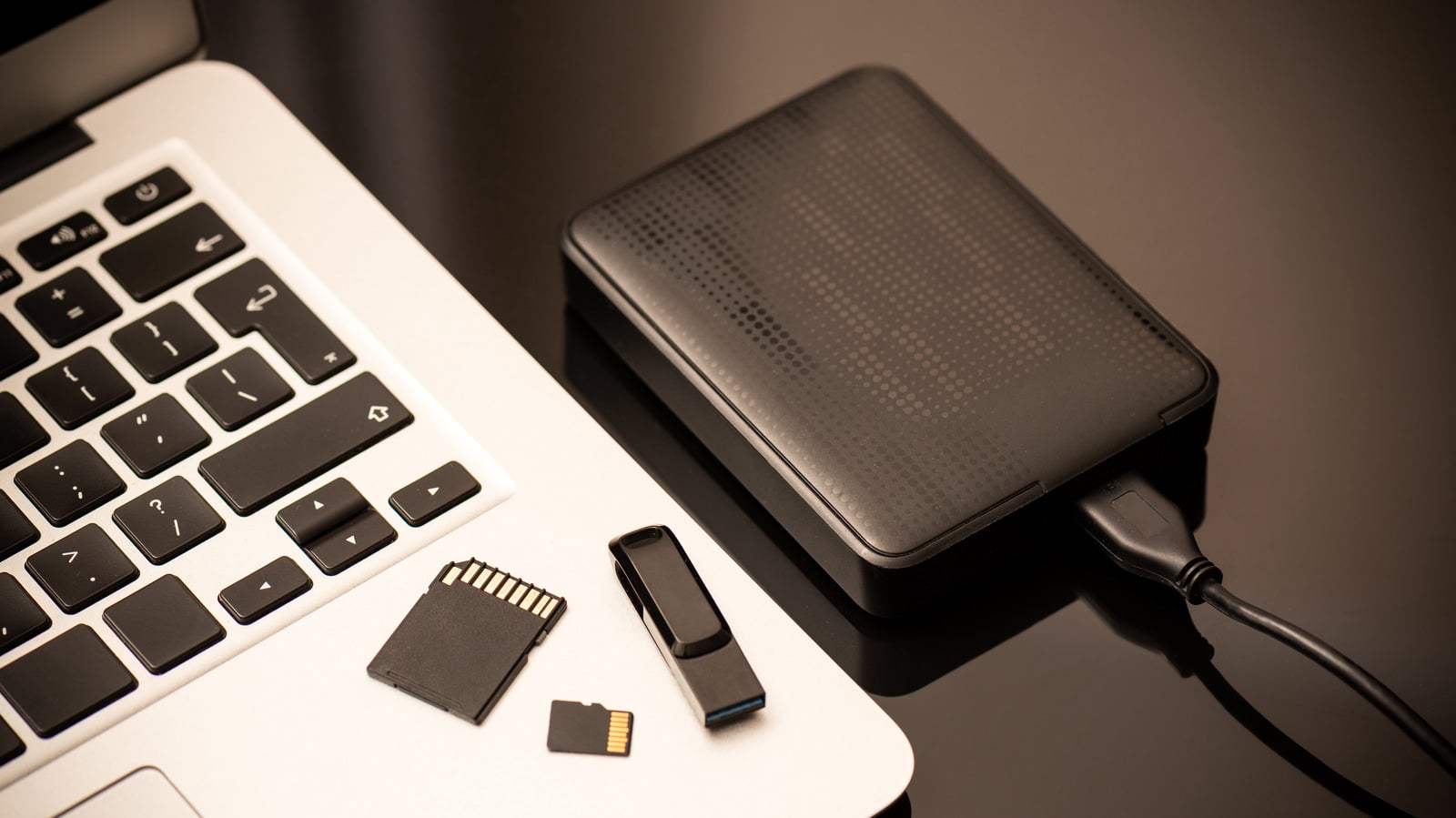Laptop Not Showing USB Drive
When your Laptop isn’t showing a USB drive, the first step is to check the physical connection. Ensure the drive is securely plugged into the USB port and try using a different port if available. If you’re using a USB-C adapter, make sure it’s functioning correctly. Sometimes, simply unplugging and replugging the drive can resolve the issue.
If the connection isn’t the problem, restart your Laptop. A reboot can often fix minor software issues that might be preventing the USB drive from appearing. After restarting, plug the drive back in and check if it appears in Finder or on the desktop. If it doesn’t, open Disk Utility to see if the drive is listed there. If it is, try running First Aid to repair any errors.
If the USB drive still isn’t recognized, it might be formatted in a way that LaptopOS doesn’t support. Laptops can read FAT32, ExFAT, and APFS formats, but not NTFS without additional software. If the drive is formatted as NTFS, you’ll need to reformat it to a compatible format or use third-party software to access it. Be aware that reformatting will erase all data on the drive.
Another possible cause is a corrupted file system on the USB drive. If the drive appears in Disk Utility but not in Finder, try erasing and reformatting it. Select the drive in Disk Utility, click Erase, and choose a compatible format like ExFAT. If the drive doesn’t appear in Disk Utility at all, it might be physically damaged or incompatible with your Laptop.
Check your LaptopOS settings to ensure there are no restrictions preventing the USB drive from appearing. Open System Preferences > Security & Privacy and look for any settings related to external devices. If you see a message about an “unrecognized device,” you may need to allow it manually. Additionally, ensure your LaptopOS is up to date, as outdated software can sometimes cause compatibility issues.
If none of these steps work, the USB drive itself might be faulty. Test it on another computer to confirm. If it works elsewhere, the issue might be with your Laptop’s hardware, and you may need to contact Apple Support. If the drive doesn’t work anywhere, it’s likely defective and should be replaced.
